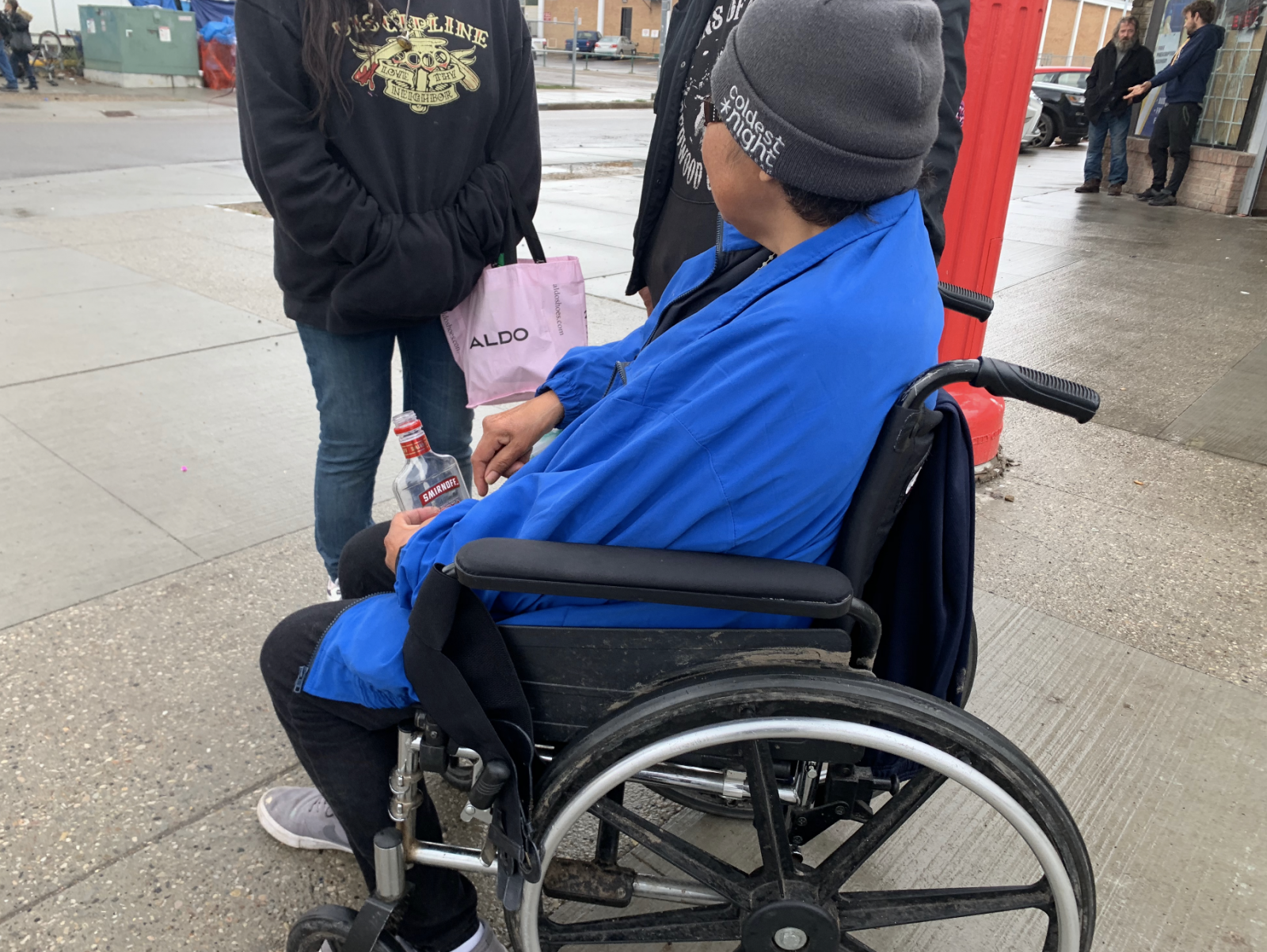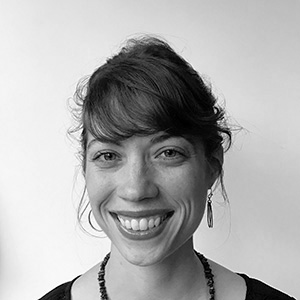Categories
Build /bild/
Construct (something) by putting parts together
Back /bak/
Expressing a return to an earlier or normal condition
Better /ˈbedər/
To a greater degree; more
More suitably, appropriately or usefully
More excellently, effectively
Normalcy is alluring only to the beneficiaries of the status quo, who perform to its expectations, subscribe to its illusions, and ignore its inconveniences and iniquities. For Bonnie, normalcy comes from a mickey or two of something strong, vodka, Listerine, whatever momentarily numbs some of what has been lost: kids to the Ministry, kids to prison, kids to addiction, kids buried, alongside partners, aunties, uncles, and the parents from whom she too was taken away. For Bonnie, like every mother we’ve met on street corners, sideways and alleyways, surviving this status quo — a status quo that all too plainly brandishes shame, exercises authority, withholds love and denies grief — is an act of resistance, a fuck you to institutions who have tried, first, to exterminate, then, to remove, and now, to manage.

But, managing human lives remains a fraught business, mistakenly predicated on rationality over relationality. Apollo and Diana, not even eighteen, newcomers to Canada from Somalia, have endured six social workers in four years. Like nearly every young person we’ve met under the auspices of the Ministry, surviving this status quo — a status quo with seemingly endless time for paperwork and procedure, but remarkably little time to listen — is an act of ingenuity, a wrestling back of vulnerability and control.
This is not the normal we should aspire to return to. A new normal would start by honouring acts of resistance and ingenuity — learning from them, rather than reverting back to the conditions which necessitate them.
A new normal would be steeped in some profoundly different ideas, starting with ideas themselves. Rather than relegate philosophy to the ivory tower, eschewing the conceptual as academic and impractical, a new normal would recognize that ideas are the basis for all action —indeed, intention is what separates action from impulse — and would hone our collective capacity to engage with ideas, big and small, using dialogue, not only 280 character swipes.
Here’s three (old) ideas we think could be game changers for a new normal:
Teleology
Yes, it sounds esoteric, but we can look to Aristotle for a pretty understandable definition. Teleology is the study of ends or purposes. If we want to understand why things are the way they are, we’ve got to look to what ends or purposes they serve. Teleology stands in contrast to etiology, which is the study of the causes or origins of things. Medicine and psychology are deeply steeped in etiology — we visit the doctor to find and then treat the cause of our stomach pains; we visit the psychologist to find and then treat the cause of our unhappiness. Cause is equated with cure.
The same could be said with social policy. We seek to identify and then address the root causes of social ills. Take the over-representation of Black and Indigenous people in the criminal justice system. We can point to a myriad of causes: poverty, unemployment, lack of educational opportunity, family breakdown, addiction, racism. And we can institute a plethora of potentially helpful solutions — from benefits to employment programs to therapeutic supports to anti-racist training — and yet still miss much of what drives systemic behaviour: purpose. What if the overrepresentation of Black and Indigenous people in the criminal justice system isn’t an aberration so much as a reflection of its very goal: to punish abnormality, to exercise authority over perceived inferiority, to instil shame, to constrain human freedom?
A teleological perspective would say that if we desire a different outcome, we need a different purpose. Behaviour — be it systemic or individual — follows intention. So if we want to tackle the problem of over-representation we must reset what purpose the justice system serves. And to do that, according to Aristotle, we have to enter the political arena to listen and debate. To achieve justice — to fairly distribute goods, be they dollars, educational opportunities or punishment — we’ve got to collectively reckon with who and what those goods are for, and that requires that we show up, earnestly, to communicate and reason. As professor Michael Sandel points out in his book Justice, for Aristotle, “The purpose of politics is nothing less than to enable people to develop their distinctive human capacities and virtues—to deliberate about the common good, to acquire practical judgment, to share in self-government, to care for the fate of the community as a whole.”
Both politics and teleology have fallen out of favour. Where Aristotle talked about fire rising because its purpose is to reach for the sky, its natural home, modern science now laughs at such “naive” explanations. And most citizens probably laugh at the “naive” notion that the purpose of politics is to foster justice, virtue, and the good life. Even at a personal level, we’re used to attributing our behaviours to causes, rather than to purposes. We’re more prone to thinking something like, “I’m commitment phobic because my parent’s divorced when I was a kid” than thinking something like, “Being commitment phobic serves the purpose of avoiding pain.”
Where Sigmund Freud’s brand of psychology centred on cause/effect explanations, Alfred Adler — who never became a household name quite like Freud — focused on behaviour/goal explanations. Adler recognized that while past experiences certainly shape our world views and constrict our field of opportunities, he rejected that they determined our behaviour. For Adler, etiology led to determinism, and determinism forecloses the possibility of conscious change. We cannot fix the past, be it our parents divorce or historical racism. We can, however, change the meaning we derive from the past. We can reset our personal and institutional purposes.
Instead of building back our same old social systems, stronger, what if we reimagined who and what out institutions are for?
Horizontal relationships
While we’re reimagining the purpose of our institutions, why not reimagine their relational basis? What if we started from the premise that we are all equal, but not the same? Unlike teleology, it sounds daringly simple. And yet so many of our relationships — with parents, teachers, professionals, bosses — and so many of our institutions — schools, hospitals, social services, courts — are predicated on hierarchy, on knowing our place on the proverbial ladder. The child is beneath the parent. The student is beneath the teacher. The employee is beneath the boss. When we engage vertically, we step into a dynamic predicated on superiority and inferiority. The child, student, employee, patient, client knows less; they are less. Words of judgement — be they of praise or admonishment — communicate inequality, enshrining that one party has less ability, less competence, less worth.
Relating as equals — coming from a place of mutual self-acceptance, respect for our differences, humility and perspective — well, that would be transformative, but not unprecedented.
“The philosophy and practice of “All My Relations” can teach people a lot about relating to others and to themselves. When we take the time to really ‘be’ with someone we utilize our inner knowing to sense deep levels within the person. Listening attentively and respectfully to what others say, allows us to ‘know’ them better with much more than our rationale minds. This helps us to engage with others in holistic and meaningful ways that support health and well-being. By going further and regarding them as someone who is genuinely connected to us, we go even deeper to feel the inner essence of the person. It is this deep connection that serves as the foundation of relationship with our world, supported by interconnected knowing.” Source
Indigenous teachings, that the West have ignored, denigrated and tried (but failed) to destroy, remind us that we are all related — people, animals, trees, ground, water, sky. Our relationships are circular, not pyramidal. This is what Indigenous people living on the streets of Edmonton tell us they want most. Yes, the folks who are the most materially deprived most value the immaterial. Respect and connection are top desired outcomes across 59 ethnographic stories collected over three years. And yet, the social policy (and ideology) of the day remains housing first.
What so many folks living on the streets have learned is that walls, roofs, and things come and go, but respect and connection are durable; they are the raw material for love, belonging, meaning and actualization. Question is: are we courageous enough to listen, as equals, free from back-of-mind judgements (You know, that nagging thought: are folks living on the streets, many experiencing addictions, really capable of knowing what they want and need?) And once we’ve listened, as equals, are we audacious enough to reorder means and ends, recognizing respect and connection as first-order purposes?
Contribution
When we see each other as relatives, equal in worth while different in substance, we move closer to feeling part of community, to what Adler described as a sense of refuge, belonging, peace, at-homeness. This community feeling — that we aren’t alone, that we aren’t stuck, that we are are useful and have a purpose — well, maybe, hopefully, that’s what a global pandemic has helped us to recognize as both a basic need and mighty ambition?
And yet so much of what we count and codify, how we measure the worth of a life, a province, an entire country comes down to how much we produce, not what we contribute to. Our employment status and professional titles continue to hold more status and sway than our roles as neighbours, friends, community members, or carers. How often are we still asked, “What do you do?” before the questions, “Who are you?” or “What communities are you part of?”
Over the past fifty plus years, women’s rights and disability rights movements have brought more of us to the workplace, slowly opening doors and piercing ceilings, but still conferring status by credential, position, and paycheque. Rather than redefine work in terms of contribution, we’ve remained rather beholden to work as achievement. We see that in all the build back better talk focused on economic recovery, on a return to strong employment, strong spending, strong growth. What if we started talking about contribution and community building as equal goals?
Indeed, for Adler, work is but one of three life tasks: love and friendship are the other two. The point of all three tasks is to find the places and spaces, relationships and moments where we experience that community feeling, where we both belong and contribute.
A real recovery, then, would recover the balance between work, love and friendship, recognizing that community feeling as a first-order purpose.

